Seen but not heard: School board needs students to be voting members
While students may be present at board meetings and heard in surveys, they aren’t being listened to by District 99 administration.
District 99 has a problem. It’s been the root of the dysfunction of the school year resulting in a $170,000 tutoring service that only 8% of kids said they needed, a hybrid model that has a minority of students attending in-person and an overall chaotic school year for the students of District 99.
The problem is that students aren’t being listened to. And the solution? Have students actually represented as voting members of the school board.
As of late, the district has made strides to correct some of its earlier missteps, most notably in the form of a community-wide survey that took feedback from 1,619 students on their preferences for the rest of the school year’s schedule.
However, what the board took away from this survey at their latest meeting encapsulates the need for students, not just in an occasional survey, but as voting members of the District 99 school board.
When presented with the results of more than a thousand students, overwhelmingly saying they’d prefer a schedule without lunch, board member Rick Pavinato responded by saying, ”If you asked a student, do you want to get out early or stay in school all day, what do you think they’re going to pick.”
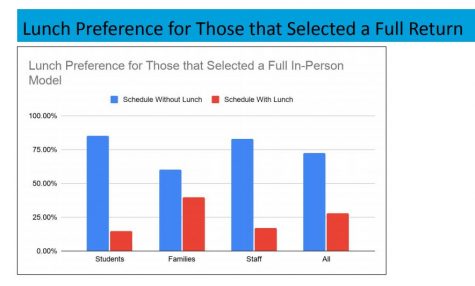
Thankfully and on behalf of students, board member Michael Davenport responded by saying, “There may be students [who would] do that, but to diminish the results of this on that sort of assumption I don’t think is fair.”
Even when presented with the thoughts and opinions of more than a thousand students, the fact that their voices are so easily dismissed makes one thing very clear — students’ opinions may be asked for, but they aren’t being listened to.
Proponents of the current model would point to the fact that with the two non-voting student representatives and board members who are sympathetic to students’ opinions, the school board represents students just fine. This falls short in a number of ways.
The first of which is that currently, student representatives more closely resemble a member of the British Royal Family than a voting member of Parliament. With no voting power, they lack any amount of authority and are instead purely ceremonial — or more cynically — purely for optics.
In combination with preexisting power dynamics between teenagers and their elders, giving them an inferior role prevents student representatives from being seen as true equals. Consequently, student representatives are heard an incredibly infrequent amount, sometimes going entire meetings without saying a word, both because they didn’t choose to speak up and because they were never asked for their input.
There is also the fact that a board member cannot possibly understand and therefore represent the interests of students. When Pavinato pressed Davenport on his position, Davenport admitted that he wasn’t in classes with students every day, highlighting the main flaw with the board’s current makeup — a lack of student perspective.
Recently, six students were in attendance at a task force meeting put together to plan a return to fully in-person learning. These students were told that they were “stakeholders” and that the district wanted to understand the “student perspective.”
This begs the question, if students were stakeholders worthy of being heard in a task force, why aren’t they actually being represented on the school board? Is it possible that the board doesn’t actually want to hear what students have to say and just wants to appear like they do?
District 99 has not just an opportunity but an obligation to include students as the equal stakeholders that the district knows they are. An opportunity because bringing in more student voices would prove beneficial to the decision-making process as well as foster a sense of civic engagement among students, and an obligation because, as the district has acknowledged, students are stakeholders in District 99 with a right to have a say in their education.
It’s time for a revolution in the way we think about our school board, one that gives students an actual seat at the table so that mistakes can be prevented before they’re made.


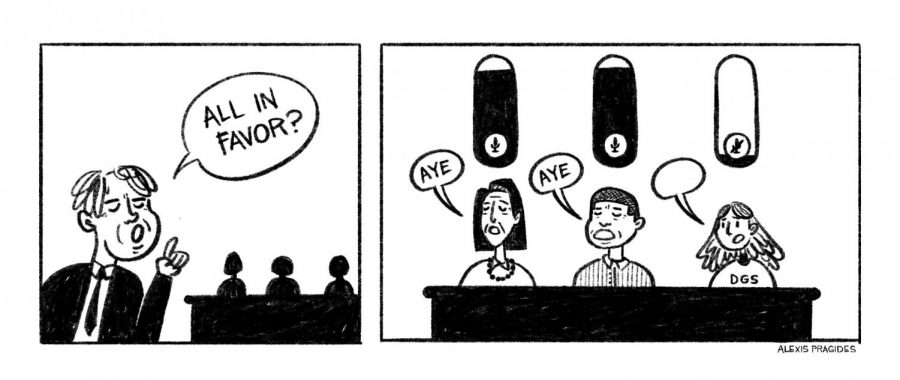
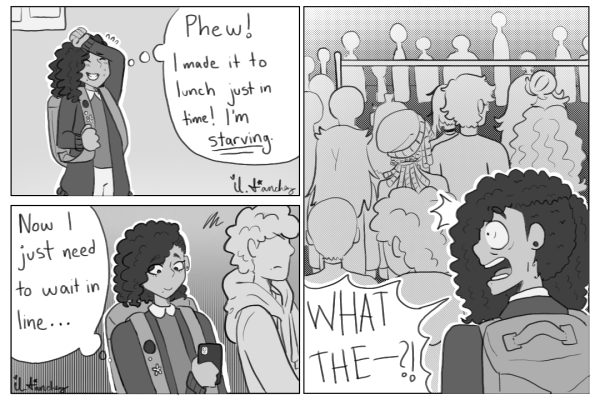
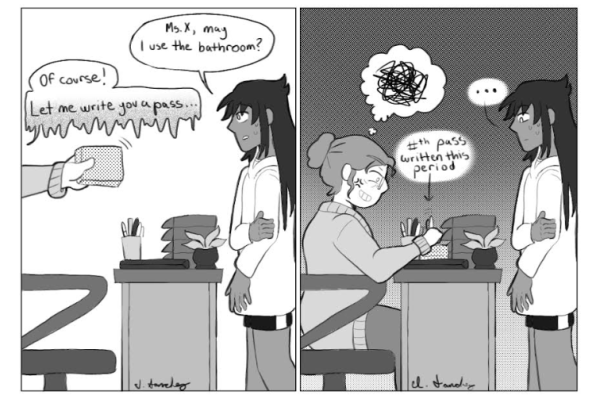
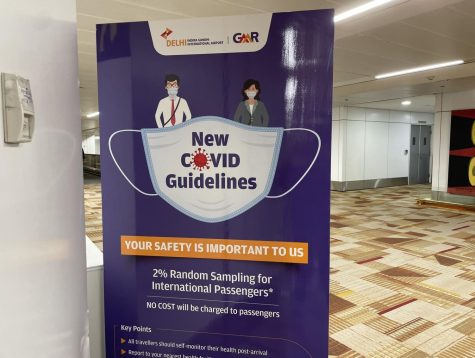
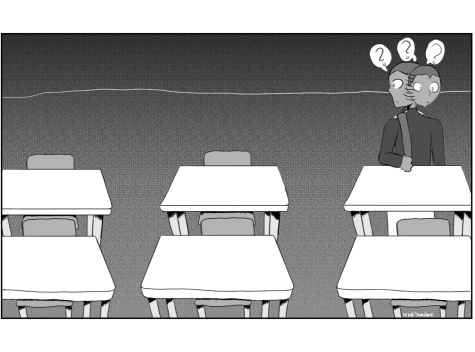




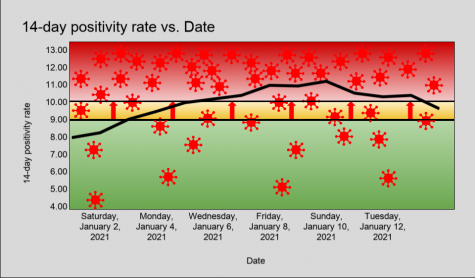

Angela Homberg • Apr 7, 2021 at 8:00 am
Nice job on this article! Well written.
Believe it or not, as a parent, many feel the same way. The board says they want our input, but does not really listen to it. This year did not have to be the mess that it was/is.